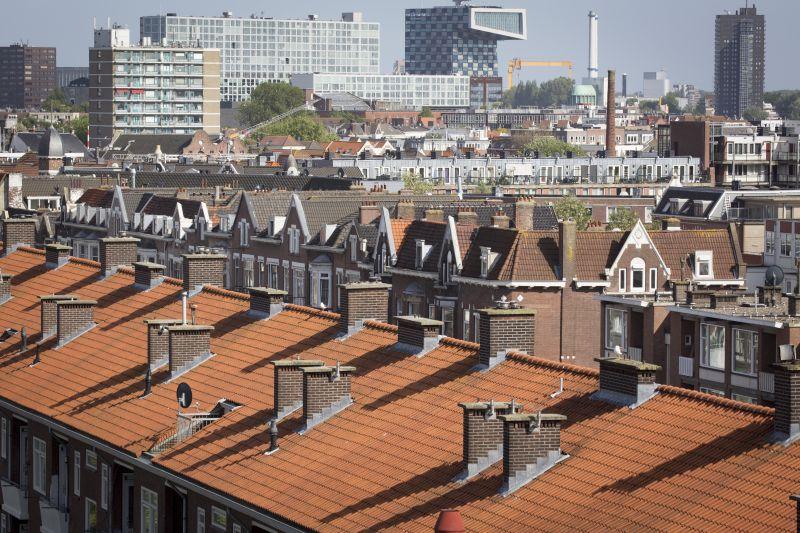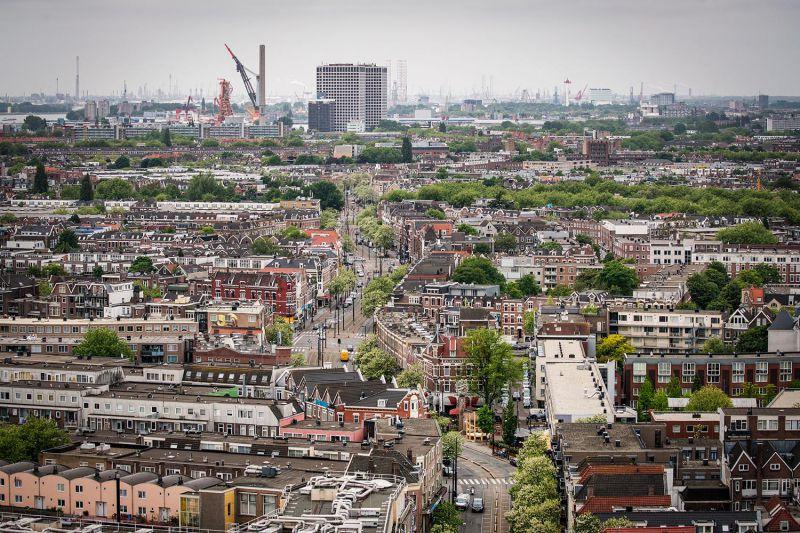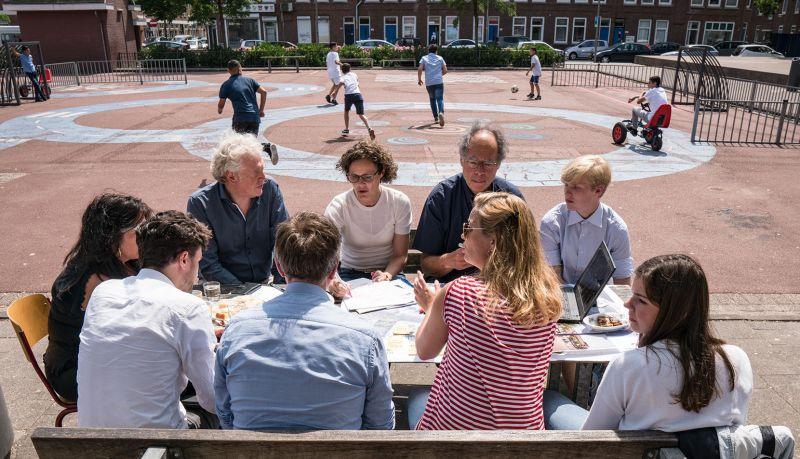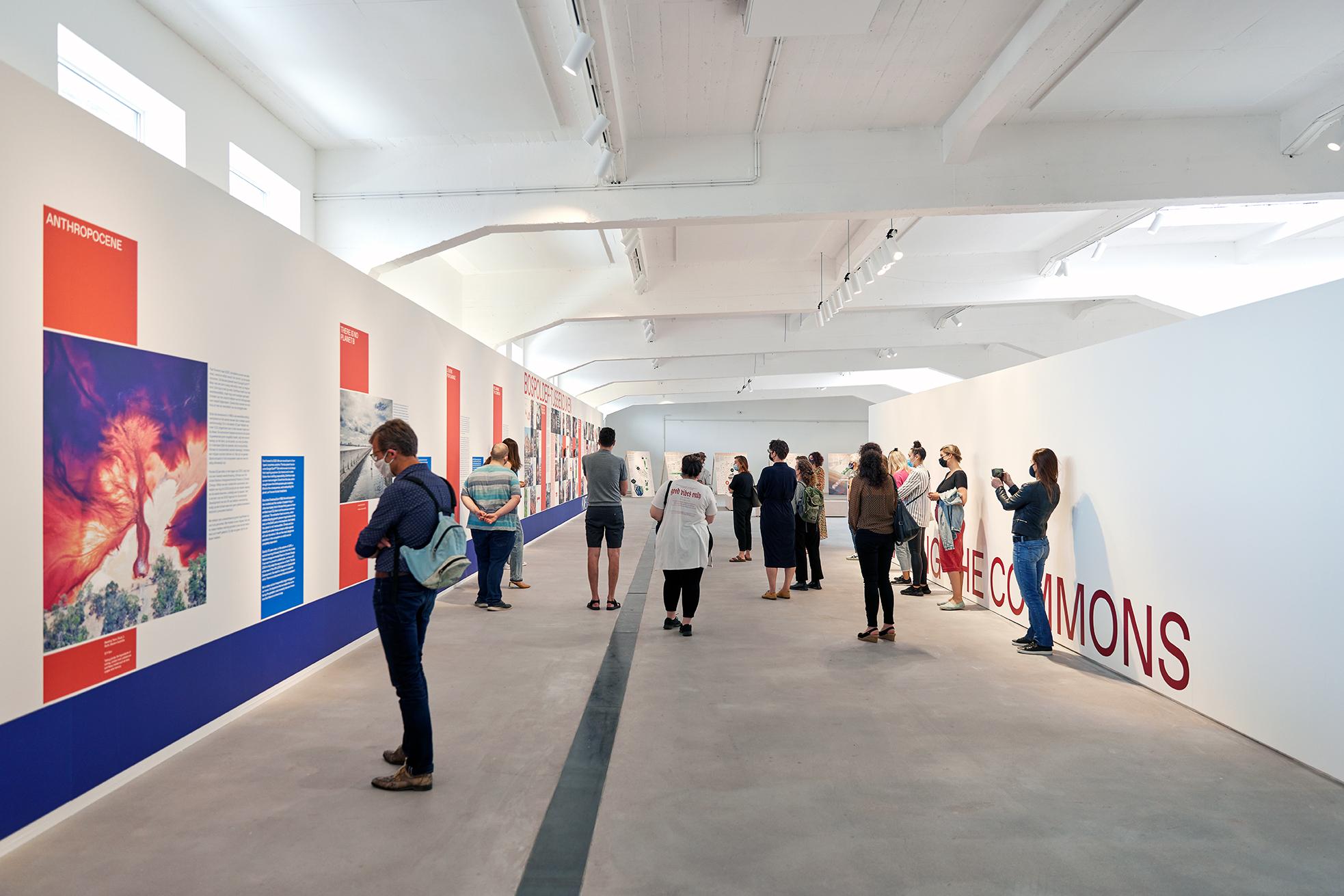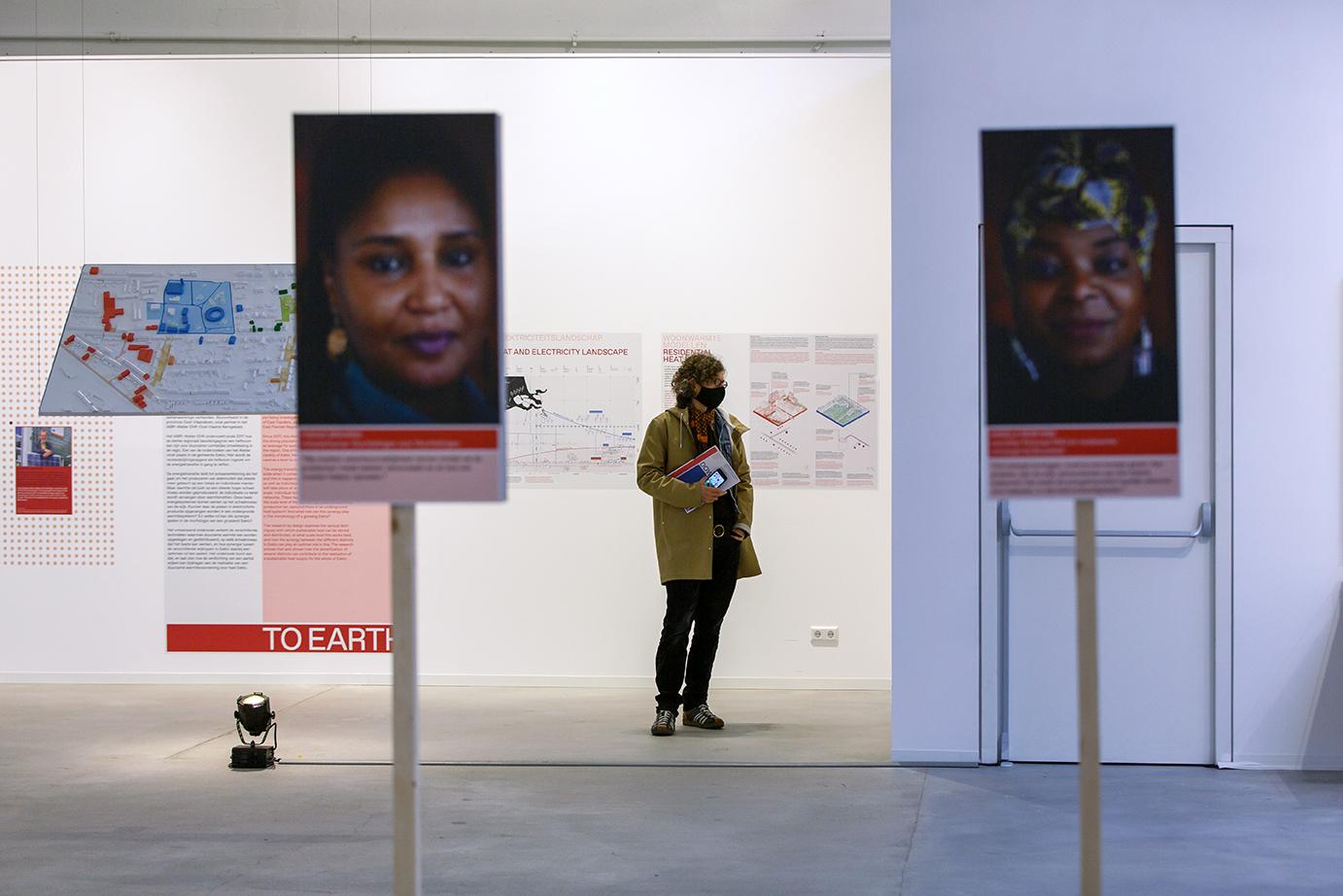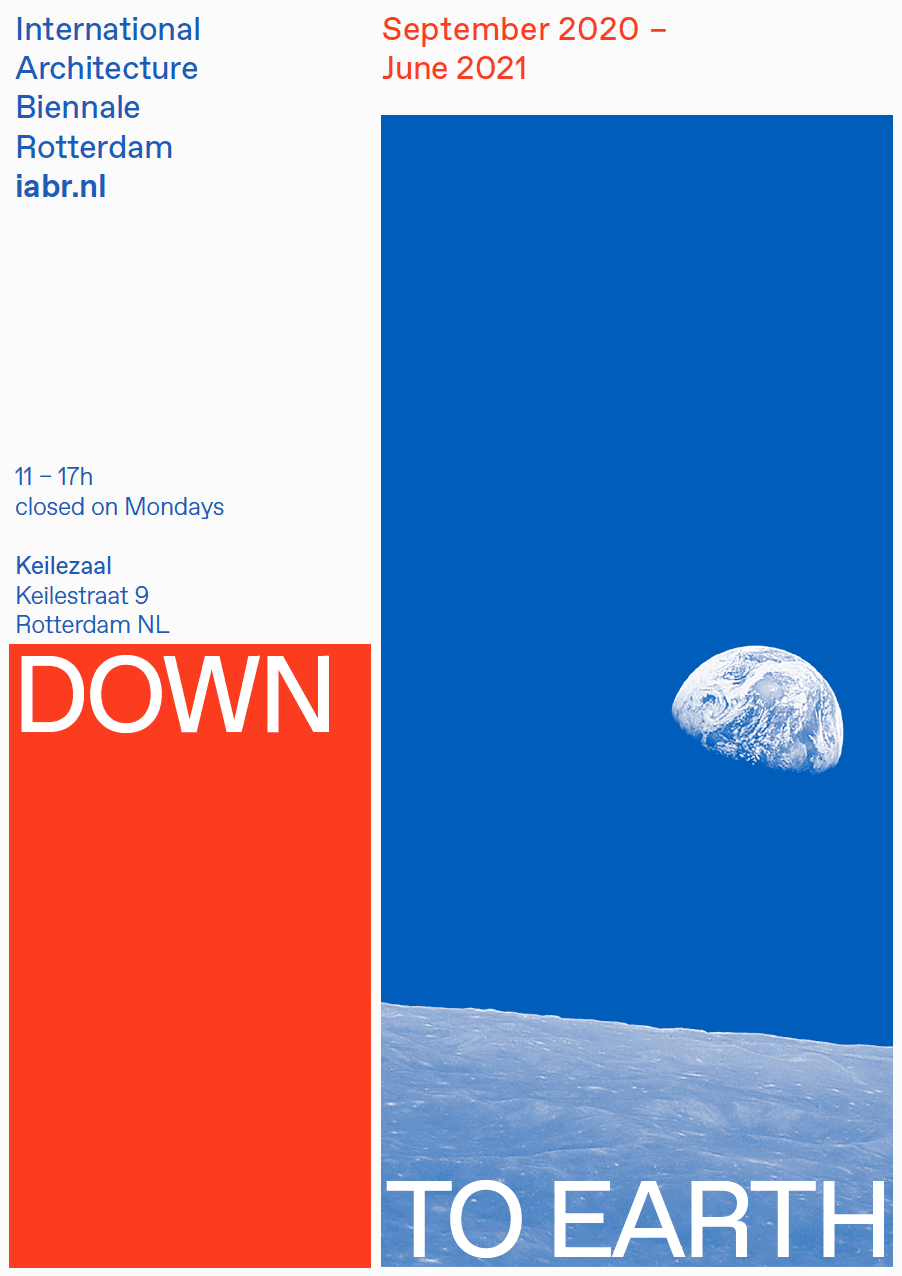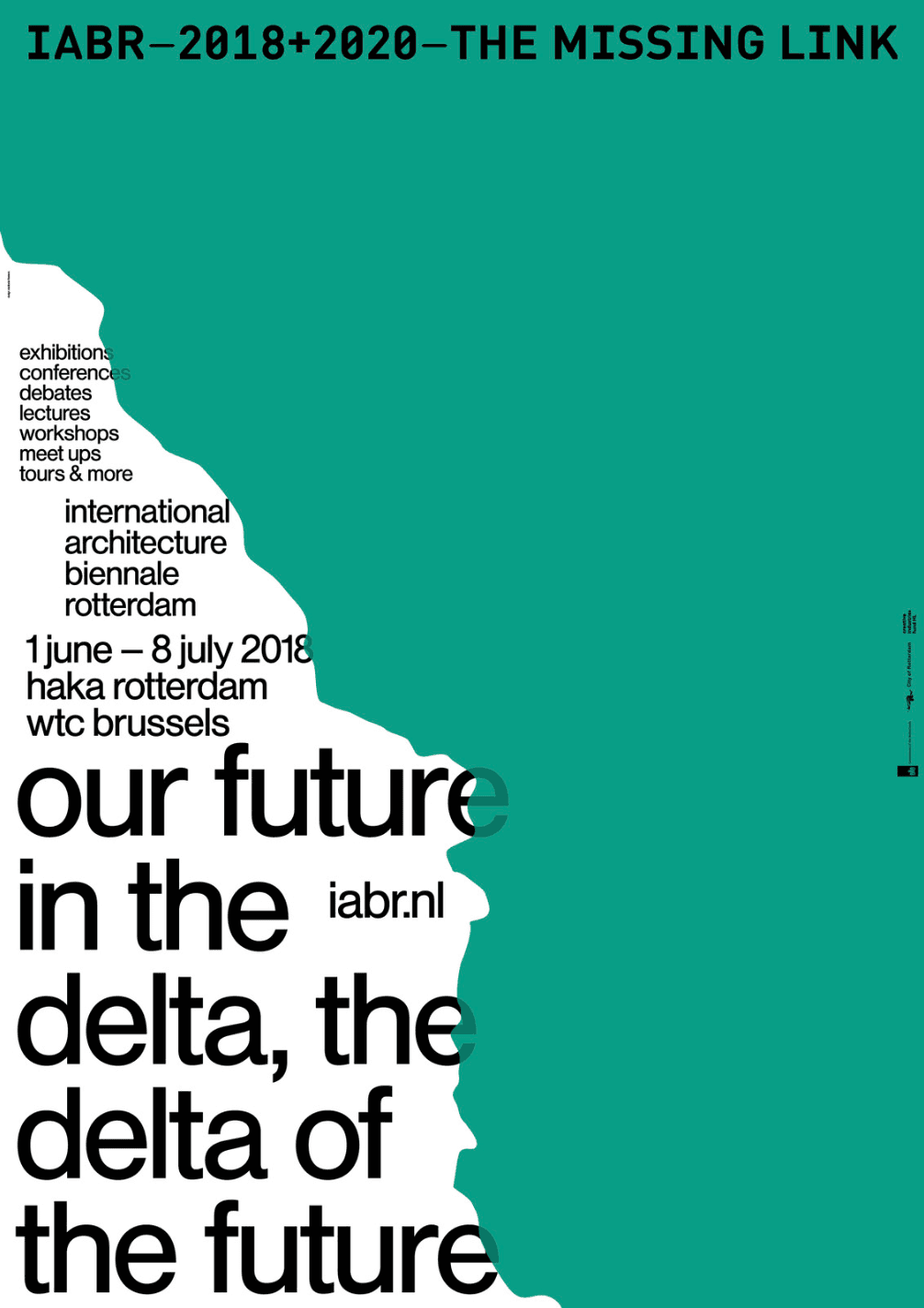The IABR–Atelier Rotterdam used the energy transition as a driver for inclusive urban development as well as for other important challenges. Examples are food, the productive city, housing, and social justice. This way the energy transition is not only a goal, but also a means – a lever that can be consciously used to work on an attractive future, and a resilient and inclusive Rotterdam.
In the 2017-2020 period, Atelier Rotterdam conducted research by design in different ways and at different levels to explore the possibilities of the energy transition for the city. In the context of the Architecture Biennale 2018, it developed new building typologies for the energy transition. At the M4H+ test site, the Atelier explored the possibilities of circular economy and integrated area development, and in 2019 and 2020, the Atelier worked on the development of a Local Energy Action Plan for the Bospolder-Tussendijken district.
